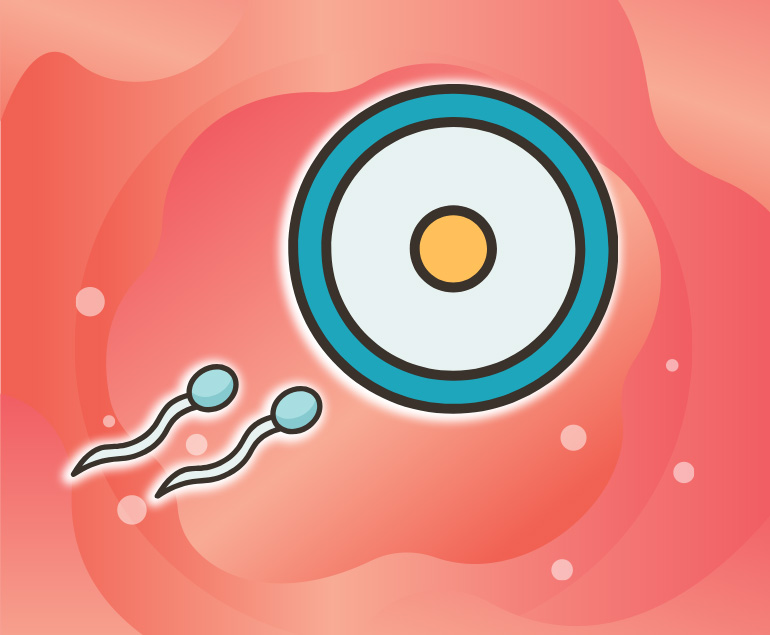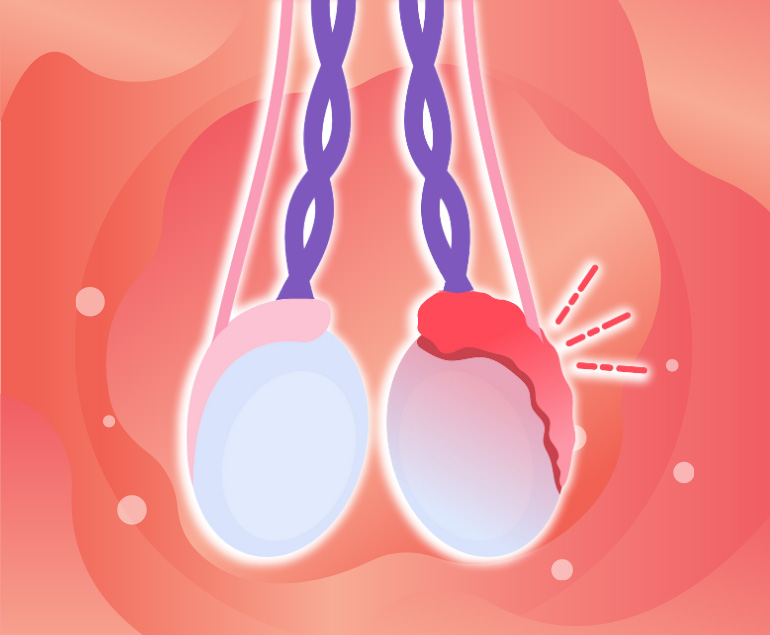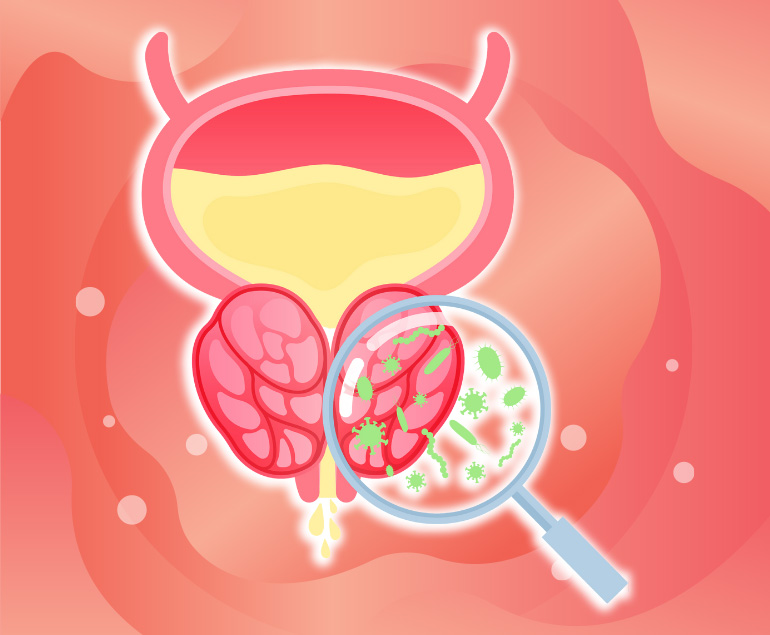Infertility
Infertility is a condition seen in both women and men. Infertility, which is known as infertility in medicine, is the inability of men and women to have children naturally. Infertility, which is suspected in the case of not being able to have children despite regular sexual intercourse, can only come into question after a long period of waiting. In terms of medicine, it is possible to say that there is such a problem in men or women after at least 1 year in people under 35 years of age and after approximately six months of regular sexual intercourse in people over 35 years of age. The fact that no contraception method is applied during sexual intercourse is also of great importance for the diagnosis of the disorder.
Symptoms of Infertility
Symptoms of infertility should be handled with care. From time to time, couples may suspect infertility even if there are no problems. Patience and persistence are important here. The inability to have children for 1 year or more despite having regular sexual intercourse without protection is of golden value in taking the symptoms seriously. Other symptoms of infertility are as follows:
Pain in the testicular region
Swelling in the testicle area
Testicles smaller than normal
Penis Discharge
Acne / Acne increase
Hair growth
Changes in weight (decrease – increase)
Pain in the back area
Pain in the lumbar region
Hair loss
Milk-like fluid coming from the nipple even though breastfeeding is not in progress
Pain during sexual intercourse
Difficulty getting an erection
Sexual aversion
Difficulty ejaculating (orgasm
Causes of Infertility
The causes of infertility are different in men and women.
The main causes of infertility in women are as follows:
Congenital anomalies of the uterus
Congenital fibroids in the uterus
Presence of chocolate cysts called endometriosis
Tubal obstructions called tubal obstructions
Gonorrhoea
Chlamydia
Polycystic Ovary Syndrome (PCOS)
Ovulation disorder (ovulatory)
The main causes of infertility in men are as follows.
Undescended testicles called cryptorchism
Testicular tumours
Testicular Trauma
Enlargement – enlargement of the testicular veins called varicocele
Gonorrhoea discomfort
Tuberculosis disease
Bacterial infections
Systemic diseases with high fever
Obstruction in the reproductive ducts
A condition in which semen flows backwards into the bladder, called retrograde ejaculation
Damage to the nervous system
Medications used – treatments followed
Hormone dysfunction
Hereditary disorders – DNA disorders
Abnormal sperm structure
Infertility Treatment
Infertility is a condition that can be treated. Today, this discomfort, which many happy couples have, is sometimes caused by the woman and sometimes by the man. Regardless of who the problem is caused by, there are different methods and techniques that can produce a solution to the discomfort. Determining the cause of infertility first with various examinations and tests to be performed directly affects the treatment methods and techniques to be followed. Treatment methods with different options such as embryo transfer and egg collection are as follows.
Intra uterine insemination (IUI), in which good spermatozoa are selected and introduced into the egg)
Use of hormone medication
IVF
Microinjection
Micropipette
Use of medication that affects the growth of eggs
Embryo transfer
Egg collection
GnRH Antagonists
ICSI in natural cycle







